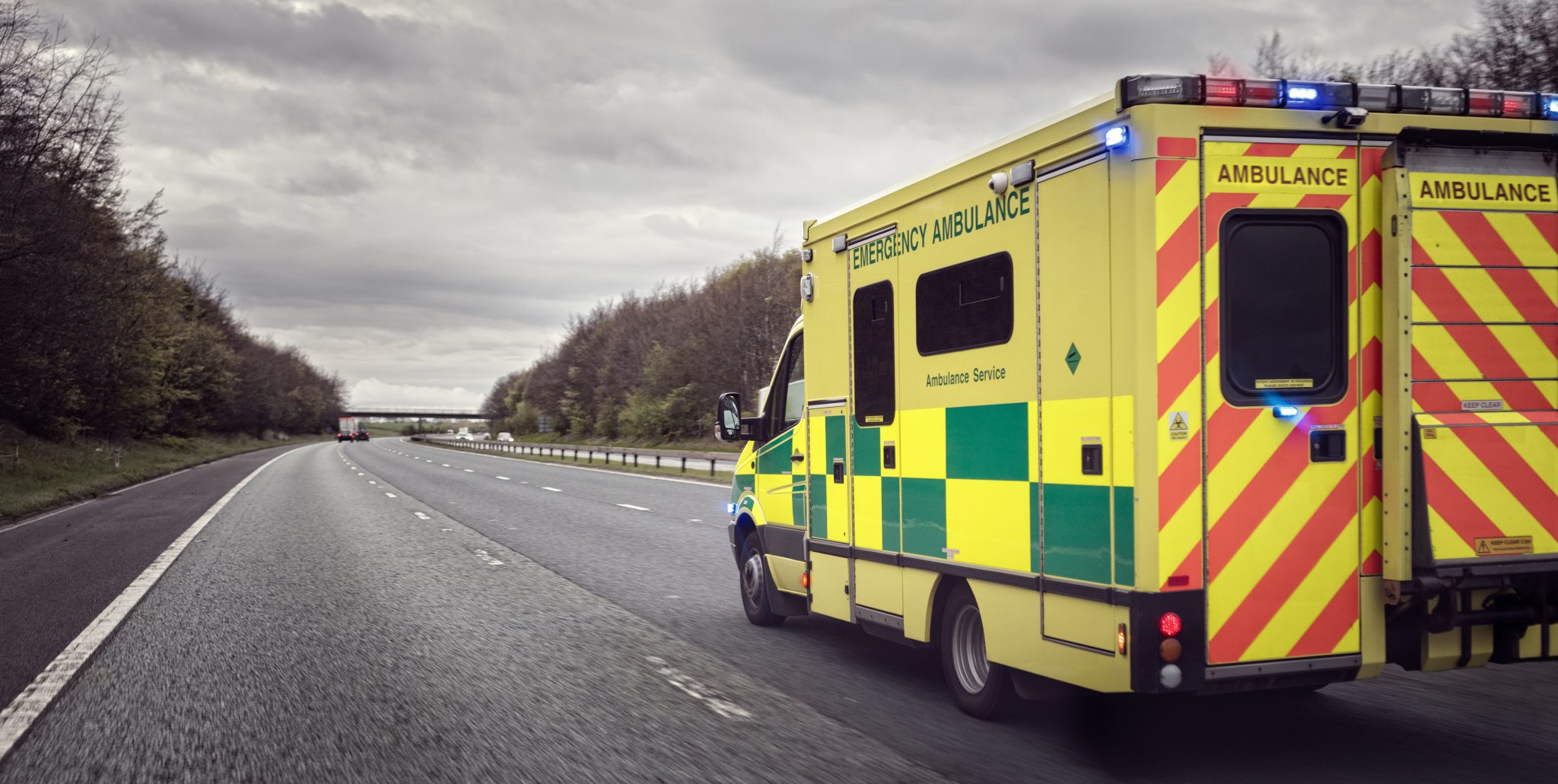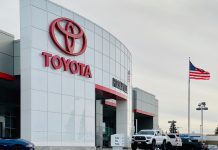To get through any sort of emergency, you need proper preparation. There are various reasons as to why you should cultivate a culture of safety in a dealership. First and foremost, a culture of safety keeps employees injury free as they perform their duties. Secondly, its mandatory for all businesses to keep their business in compliance with the regulations set by the United States Department of Labor’s Occupational Safety and Health Administration. Lastly, its important due to insurance and liability purposes. Nobody expects a disaster or emergency to hit their business or affect their employees. The trust is, disasters and emergencies can strike anyone, anywhere, and anytime. There might come where you and your employees are forced to evacuate your dealership when it is least expected. With this article, we’ll be going further into everything you’ll need to know and how you can get prepared in the event of any sort of emergency.
What Is A Workplace Emergency?
A workplace emergency is an unanticipated situation that threatens the public, your customers, or your employees, it shuts down or disrupts your dealership, causes physical damage, or causes environmental damage.
These emergencies can be manmade or natural, such as:
- Fires
- Tornadoes
- Hurricanes
- Floods
- Chemical Spills
- Toxic gas releases
- Explosions
- Radiological accidents
- Workplace violence that results in trauma or bodily harm
- Civil disturbances
Protecting Your Employees, Your Business, And Yourself
The best way to prepare and protect is to be ready for an emergency before it even happens. Not many people are able to think logically and clearly during a crisis, so it’s important for you to plan in advance so you are able to plan accordingly. The first step should be to brainstorm all the possible worst case scenarios. Some questions to ask yourself, are:
- What would you do if the worst were to happen?
- What if a fire started in your boiler room? Or if a hurricane happened to hit your building?
- What if you are in the predicted path of a major hurricane? Or tornado?
These are only a few questions, but they are great to get you started off the right direction to plan for any sort of emergency.
Emergency Action Plan
An emergency action plan details all the actions that employees and employers must take to ensure the safety of all those involved. It is not difficult to put together a comprehensive emergency action plan. In fact, it is actually quite beneficial to include your employees and the management involved in the process.
What Should You Include?
To develop your action plan, you should look at the potential list of emergencies that are either common or can be expected in your area. The plan has to tailored to your specific dealership, which includes the potential emergency sources.
It must at least include:
- A selected method for reporting emergencies
- An evacuation procedure and policy
- Emergency escape routes and procedures (including refuge or safe areas, workplace maps, floor plans, etc.)
- Information of individuals inside and outside of your dealership that are chosen to be contacted for additional information (including their names, telephone numbers, titles, and departments)
- Medical and rescue duties for any employees to perform
Employees and Training
Now that you’ve created the backbone of your emergency action plan, then it’s time to think about the employees. You will need to think about what details you should include in your action plan regarding your employees as well as how you should go about training them in the case of an emergency. In the case of an emergency, it might be important and vital to have access to the personal information of your employees, including their listed telephone numbers, medical information, and names and numbers of their next of kin.
Training
Educating your employees regarding the types of emergencies that could occur and training them to know how to properly act can make a huge difference in the way they act during any sort of emergencies. The training will depend on the availability of outside and onsite resources, materials handled, processed used, and the size of your workforce and workplace. Regardless of how much or what you include in the training, there should be some tasks that must be addressed, including:
- Individual responsibilities and roles
- Hazards, threats, and protective actions
- Communications, warning, and notification procedures
- Locating family members
- Emergency response processes
- Accountability, shelter, and evacuation procedures
- Use and location of emergency equipment
- Emergency shutdown processes
It might also be useful to train your employees with first aid procedures. Emergency training should be conducted at least once a year and additionally with new hires or job role change. If there are any major changes in procedure, equipment, or the dealership, then your employees should be trained again.
Why Should You Plan?
A well planned and managed safety and health program can reduce work-related illnesses and injuries, as well as their related costs. In the daily world of a car dealership, crafting an emergency action plan can get reduced down to the bottom of the to-do list. However, managers have the responsibility to ensure the safety of their employees and business. They are also legally required to meet the standards set by the Occupational Safety and Health Administration (OSHA). If you live in states that are prone to a certain type of natural disaster, then it’s especially important for you to be ready in case anything is to happen. For example, in Florida, hurricanes are common enough for there to be a need for preparedness. In California, you have to be prepared for any earthquakes. With the southern states, like Texas, you have to be prepared for floods, tornados, and sometimes even hurricanes. Regardless of your location, you should create an emergency action plan that allows you to have peace of mind knowing that you’re as prepared as possible in the event of anything unlikely occurring. Preparedness is key, regardless of whether a natural or man-made disaster hits or not, you need to be able to ensure the safety of your employees, your business, and yourself.








